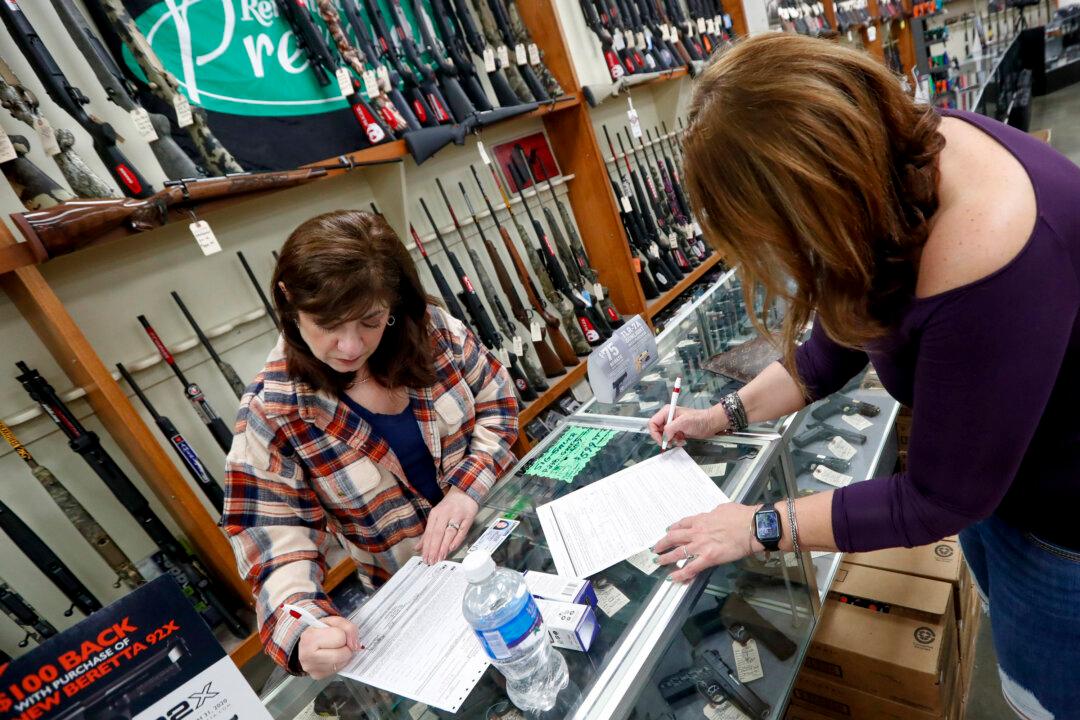The number of firearm background checks performed by the FBI soared to an all-time high in March amid the COVID-19 pandemic.
Background checks spiked to 3.74 million, according to the FBI, by far the most ever performed in one month.


The number of firearm background checks performed by the FBI soared to an all-time high in March amid the COVID-19 pandemic.